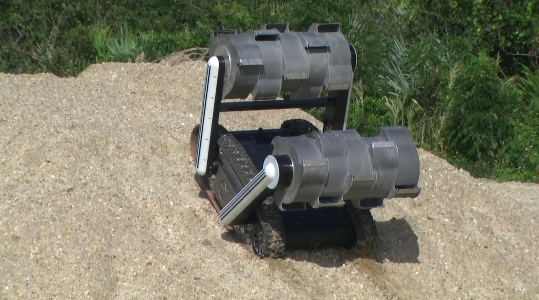
The prototype mining robot called RASSOR. A NASA photo
NEW YORK (PTI): NASA is developing an army of autonomous self-driving robots - equipped with webcams and GPS - that could one day be sent to explore alien surfaces on other planets.
The robots, dubbed "swarmies," are much smaller than other NASA robots like the car-sized Mars rover Curiosity.
Each comes equipped with a webcam, Wi-Fi antenna, and Global Positioning System (GPS) system for navigation, and the swarmies function in a way similar to an ant colony.
When one ant stumbles across a food source, it sends out a signal to the rest of the colony, and then the ants work together to cart the food back to the nest.
Engineers from NASA's Kennedy Space Centre in Florida developed software that directs the swarmies to fan out in different directions and search for a specific, predetermined material, like ice-water on Mars.
Once one of the rovers finds something interesting, it can use radio communication to call other robots over to help collect samples, 'SPACE.com' reported.
"For a while people were interested in putting as much smarts and capability as they could on their one robot," said Kurt Leucht, one of the engineers working on the project.
"Now people are realising you can have much smaller, much simpler robots that can work together and achieve a task. One of them can roll over and die and it's not the end of the mission because the others can still accomplish the task," Leucht said.
The swarmie tests are still in the preliminary stages, and currently the robots are only programmed to hunt for barcoded slips of paper.
Over the next few months, swarmie tests will also include RASSOR - a mining robot specially designed to dig into alien surfaces and search for interesting or valuable materials.
The tests will determine how well the swarming software translates to control other robotic vehicles.
 Previous Article
Previous Article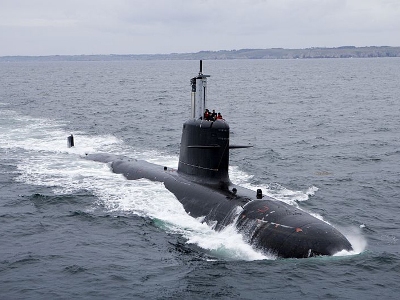 Next Article
Next Article
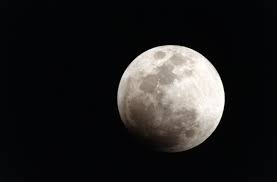
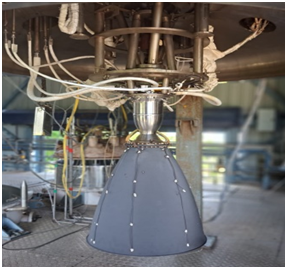
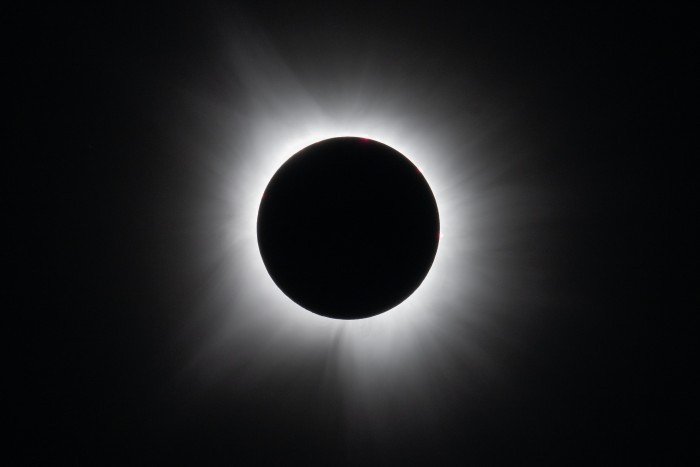
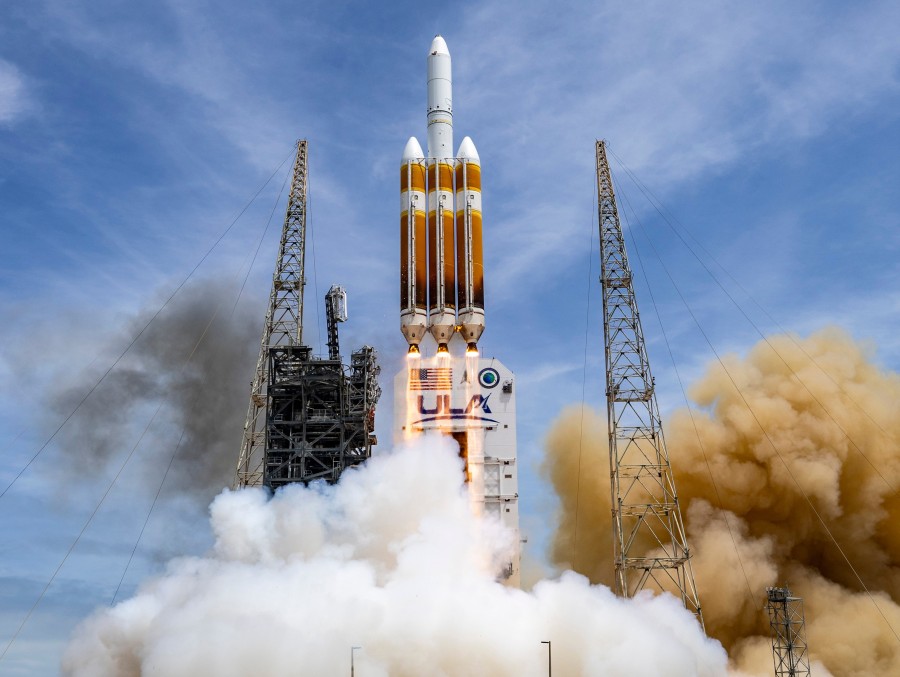

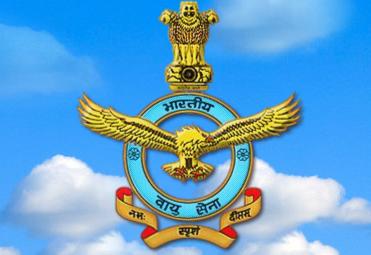
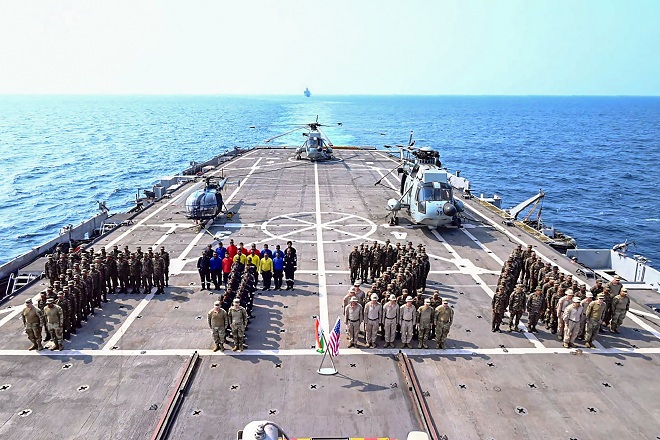

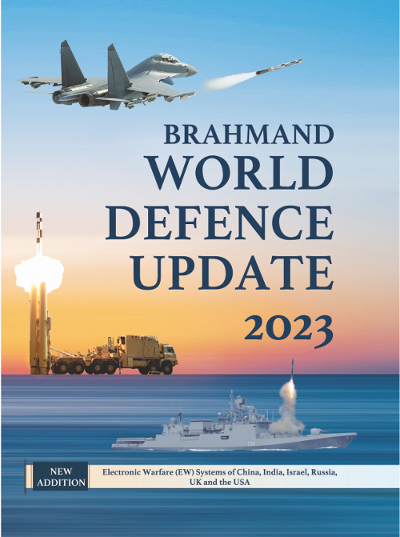




The Indian Air Force, in its flight trials evaluation report submitted before the Defence Ministry l..
view articleAn insight into the Medium Multi-Role Combat Aircraft competition...
view articleSky enthusiasts can now spot the International Space Station (ISS) commanded by Indian-American astr..
view article